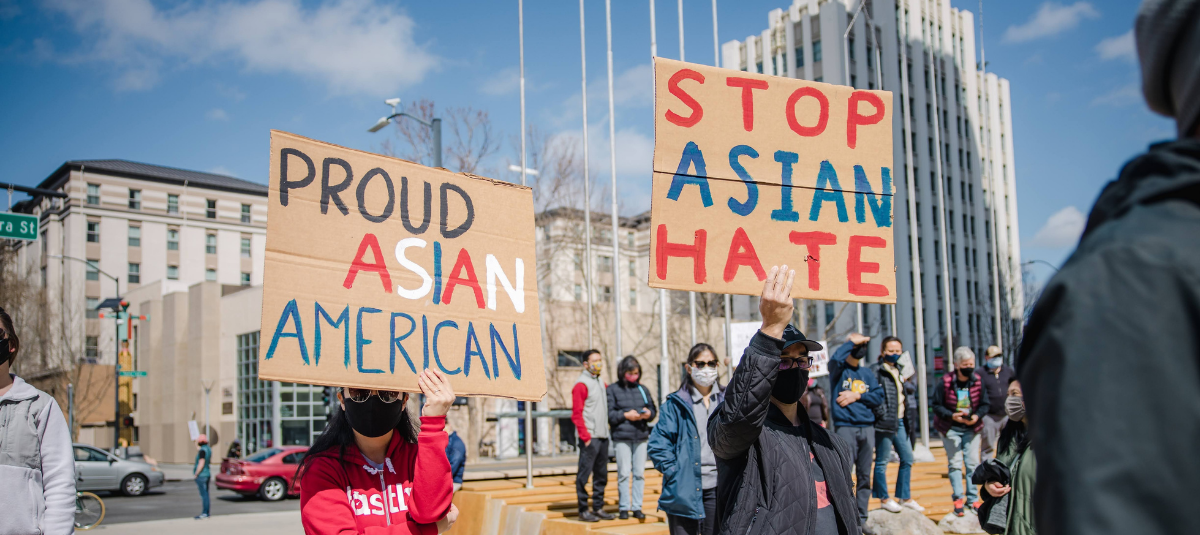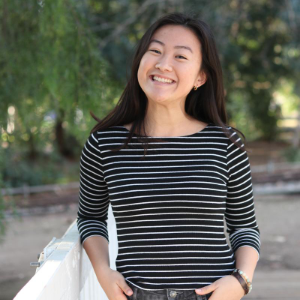I am a second-generation Chinese American woman, living in a home that is in a privileged neighborhood, and about to graduate from my undergraduate studies. I acknowledge the privileges I have in my life, and I know I cannot speak for everyone, but I am speaking to amplify the voices of my community and encourage you to do the same.
When I first heard about the shootings in Atlanta I was on Instagram. As I read the various headlines like “Eight Dead in Atlanta Spa Shootings,” I immediately turned off my phone because I could not handle reading about another tragic story about my community. When I built up the courage later that day, I dove in. I instantly felt the frustration and anger that so many other people from the Asian American Pacific Islander (AAPI) community were experiencing. I also felt a tired and heavy heart and tears in my eyes.
I am still processing, but I continue to feel powerless about everything that has happened (and is happening), including how the story has been released, the conversations surrounding it, and fear for my community above all. Although it is nowhere near new, with the rise and increased awareness of anti-Asian hate, including the death of Christian Hall and so many other AAPI folks in the past year, what is becoming more evident is the distressing intersection between mental health, marginalized communities, and institutions. The stigmatization of mental illness is perpetuated by conversations that dismiss the experiences of people of color who have been hurting for so long. Our community does not deserve this; no one does. Just when I was feeling a sense of hope, events like these lead me to believe that our nation is extremely far away from being the equal nation it claims to be. As an upcoming grad who is looking toward graduate school, the state of the world can make me feel helpless sometimes as to what kind of change I can actually make.
But then my friends and mentors text me to check-in. I see the responses, call to action, and dissemination of resources on social media. As I share in the collective frustration, I am taken aback by how similar my own experiences are to other people who look like me. How elderly family members show their love by cutting fruit. Acting as the translator for parents, or grandparents in my case, who do not speak English. The Asian norm of staying quiet and being as agreeable as possible to stay safe. And now, using my voice to uplift and advocate for our community on behalf of our loved ones.
It makes me feel less alone and gives me hope that maybe in my lifetime, I will see some resemblance of change that will be worthwhile enough for future generations to continue to heal. The change starts in my own home and conversations with friends and family as we talk about supporting one another, including our Black and Brown brothers and sisters. It begins with addressing my own biases and healing the trauma within myself and my family to start healing as a community.
I know myself and my community only have a more intensified motivation to create change and dismantle the systems of oppression that attempt to silence us. Being able to witness the AAPI community and so many others rally around each other, stand up against injustices, and share AAPI mental health resources, shows me that there is help, and most importantly, hope. It is also another reminder of why I will always be proud to say I am an Asian American.




